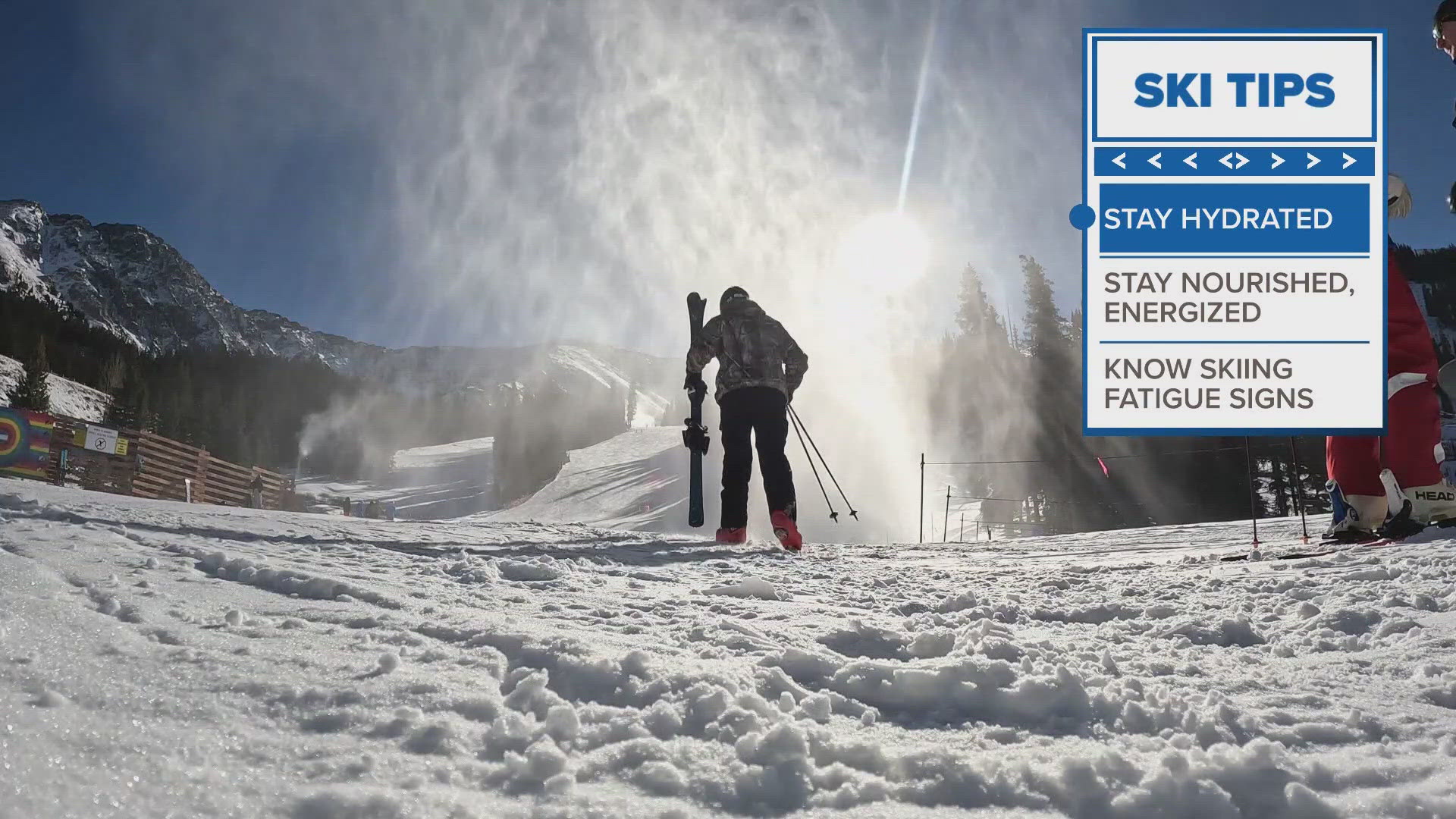FORT COLLINS, Colo. — Chad Reznicek knows all too well the stigma surrounding mental health in rural Colorado.
A behavioral health specialist with the Colorado AgrAbility Project, Reznicek noted that communities remain tightly knit in small towns, and it's not uncommon for everyone to know each other's business.
Residents, he said, are wary of seeking help precisely because they fear being judged, particularly when that judgment could potentially jeopardize entire livelihoods.
"If me and my neighbor are both competing to lease a plot of land from another neighbor and that neighbor sees my truck in front of the clinic, then they might have to weigh out, 'Well, Chad's got too much going on. Maybe I'll just sell to Bill instead,'" he said.
But it's not just the stigma that acts as a barrier to access, a confluence of factors has made rural Colorado a "mental health desert."
There are fewer mental health facilities in rural Colorado, and it's tougher to persuade a practitioner to give up the convenience of city living and move to a town far away.
> Read the full story at Colorado Politics.



